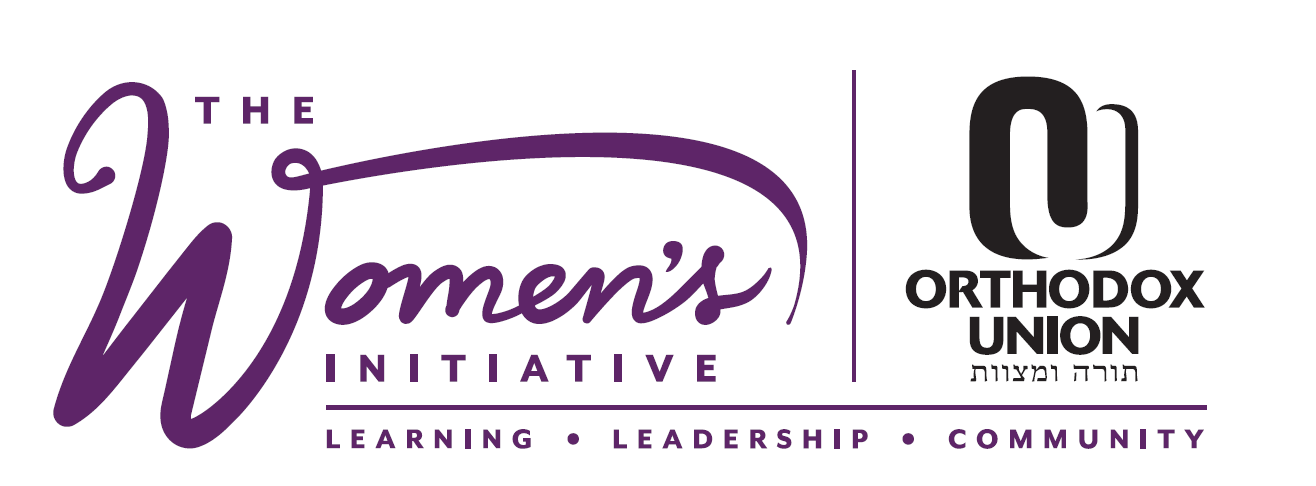4. The Prohibition of Lying
Dedicated by Fran Broder as a zechus for the hostages to be released safely to their families and may everlasting peace come to Eretz Yisrael in the merit of learning Hilchot Bein Adam L’Chaveiro
1. The Torah states “You shall distance yourself from matters of falsehood” (Shemot 23:7). Many commentaries infer from here that lying constitutes a Torah transgression (Smag; Sefer Chafetz Chaim, Petichah), while some hold that it constitutes only a rabbinic transgression and the Torah prohibition refers to lying in Beit Din (Shaarei Teshuvah 3:181; Sefer Hachinuch).
2. It is prohibited to lie in cases where one benefits financially or in some other manner, or where it harms another individual as a result (see Shulchan Aruch, Choshen Mishpat 228). This type of lying also violates an additional prohibition of “geneivat da’at” (lit. stealing knowledge, i.e., cheating others). For example, one may not report taxes dishonestly or cheat on an examination since one will improperly benefit from one’s action (see Igrot Moshe, Choshen Mishpat 2:30; Mishneh Halachot 7:275). Moreover, one may not falsely deny responsibility for an action one has performed, such as causing harm to another (see Tzitz Eliezer 15:12; Halichot Bein Adam L’chaveiro 20:13 and n.31). Finally, one may not give a false recommendation or critique about a matter such as a shidduch suggestion, teacher, or other individual in most cases (though one also need not specify all of the relevant details either). One should seek rabbinic guidance in cases of uncertainty, especially regarding shidduch suggestions, since there are exceptions to this rule (see Titen Emet L’yaakov, pp.121-124, and https://halachipedia.com/index.php?title=Prohibition_to_Lie#Shidduch).

